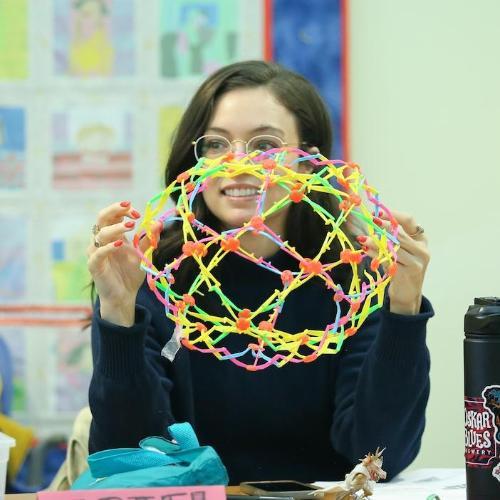Play Therapy
Play is a child’s natural language, and in the hands of a trained professional, it becomes a powerful tool for growth and healing. Play therapy uses evidence-based techniques to help children express emotions, resolve challenges and build resilience in ways that words alone cannot. Grounded in theory and fueled by creativity, it allows practitioners to meet children where they are through play.
VCU Continuing and Professional Education is an approved continuing education provider (APT Approved Provider 15-397) and our Play Therapy courses equip participants with the advanced training and experience required to use this therapeutic approach effectively. Each workshop is designed to deepen your understanding of play as a clinical tool and strengthen your connection with the children you serve.







